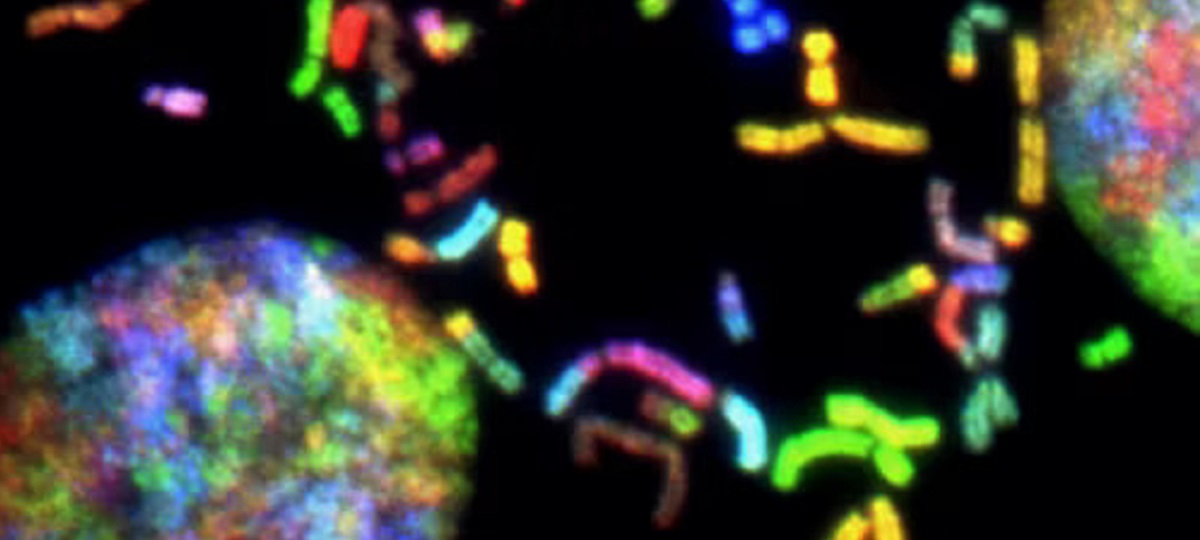Colorectal cancer and colon cancer are often used interchangeably, leading to confusion about whether they are the same or different. While they both affect the digestive system, there are key distinctions between the two. This article aims to elucidate the disparities between colorectal cancer and colon cancer, including their definitions, causes, symptoms, diagnosis, treatment, and prevention strategies.
What is Colorectal Cancer?
Colorectal cancer refers to malignancies that originate in either the colon or the rectum, which are parts of the large intestine. It encompasses cancers affecting both the colon and rectum.
Understanding Colon Cancer
Colon cancer specifically targets the colon, which is the longest part of the large intestine. It arises from the inner lining of the colon and can spread to nearby lymph nodes and other organs if left untreated.
Key Differences Between Colorectal Cancer and Colon Cancer
- Scope: Colorectal cancer encompasses cancers affecting both the colon and rectum, whereas colon cancer specifically targets the colon.
- Location: Colorectal cancer can occur in either the colon or rectum, whereas colon cancer is confined to the colon.
- Treatment Approach: While the treatment approaches for both cancers overlap, they may vary slightly based on the location of the tumor.
- Screening Recommendations: Screening guidelines for colorectal cancer typically include both colonoscopy and sigmoidoscopy, whereas colon cancer screening may focus solely on colonoscopy.
Causes and Risk Factors
While the exact causes of colorectal and colon cancer remain elusive, several risk factors have been identified:
- Age: The risk of developing colorectal cancer increases with age, with most cases diagnosed in individuals over 50 years old.
- Family History: A family history of colorectal cancer or polyps can elevate one’s risk.
- Inflammatory Bowel Disease (IBD): Conditions such as Crohn’s disease and ulcerative colitis increase the likelihood of developing colorectal cancer.
- Lifestyle Factors: Poor dietary habits, lack of physical activity, obesity, and smoking are associated with a higher risk of colorectal cancer.
Symptoms and Diagnosis
Both colorectal and colon cancer may present with similar symptoms, including:
- Changes in bowel habits: Such as diarrhea, constipation, or narrowing of the stool.
- Rectal bleeding or blood in the stool: Often manifested as bright red or very dark blood.
- Persistent abdominal discomfort: Like discomfort, gas, or cramps.
- Unexplained weight loss: Without changes in diet or exercise routine.
- Fatigue or weakness: Unexplained tiredness that persists despite adequate rest.
Diagnosing colorectal cancer typically involves a combination of screening tests and diagnostic procedures, including:
- Colonoscopy: A procedure to examine the inner lining of the colon and rectum using a flexible tube with a camera.
- Biopsy: Removal of tissue samples for laboratory analysis to confirm the presence of cancer cells.
- Imaging tests: Such as PET, MRI, and CT scans to assess the degree of cancerous dissemination.
Treatment Options
The treatment approach depends on several factors, including the stage of cancer, overall health, and personal preferences. Treatment modalities may include:
- Surgery: To remove cancerous tumors and nearby lymph nodes.
- Chemotherapy: Administering drugs to kill cancer cells or prevent their growth.
- Radiation Therapy: Use high-energy radiation to find and eliminate cancer cells.
- Targeted Therapy: Drugs that target specific molecules involved in cancer growth.
Prevention Strategies
Preventing colorectal and colon cancer involves adopting a proactive approach to minimize risk factors and promote overall health. Key preventive measures include:
- Regular Screening: Following recommended screening guidelines for early detection and treatment.
- Healthy Lifestyle: Incorporating a balanced diet rich in fruits, vegetables, and whole grains, along with regular exercise and weight management.
- Limiting Alcohol and Tobacco: Moderating alcohol consumption and avoiding smoking can reduce the risk of colorectal cancer.
- Awareness and Education: Being aware of family history and understanding the signs and symptoms of colorectal cancer can facilitate early intervention.
In conclusion, while colorectal cancer and colon cancer are often used interchangeably, they represent distinct entities with unique characteristics. Understanding the differences between the two can empower individuals to take proactive steps towards prevention, early detection, and effective treatment.
Visit here : Diseases and Condition | Children’s Health
